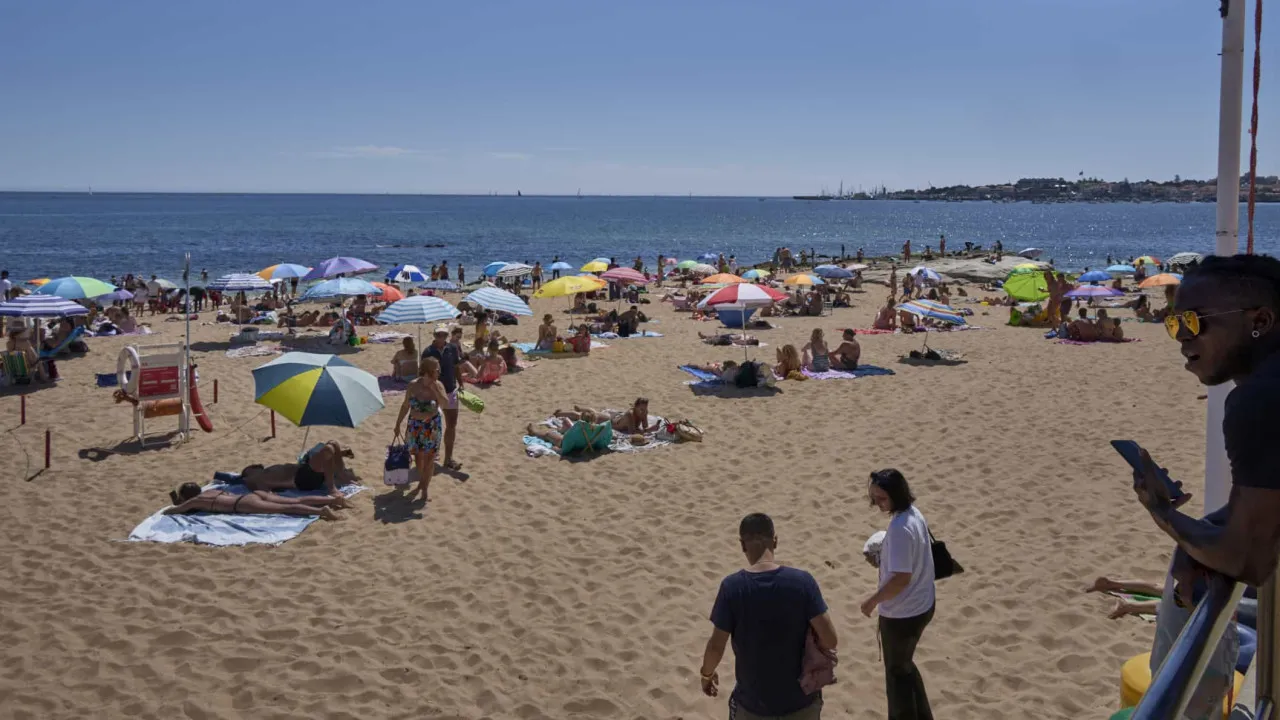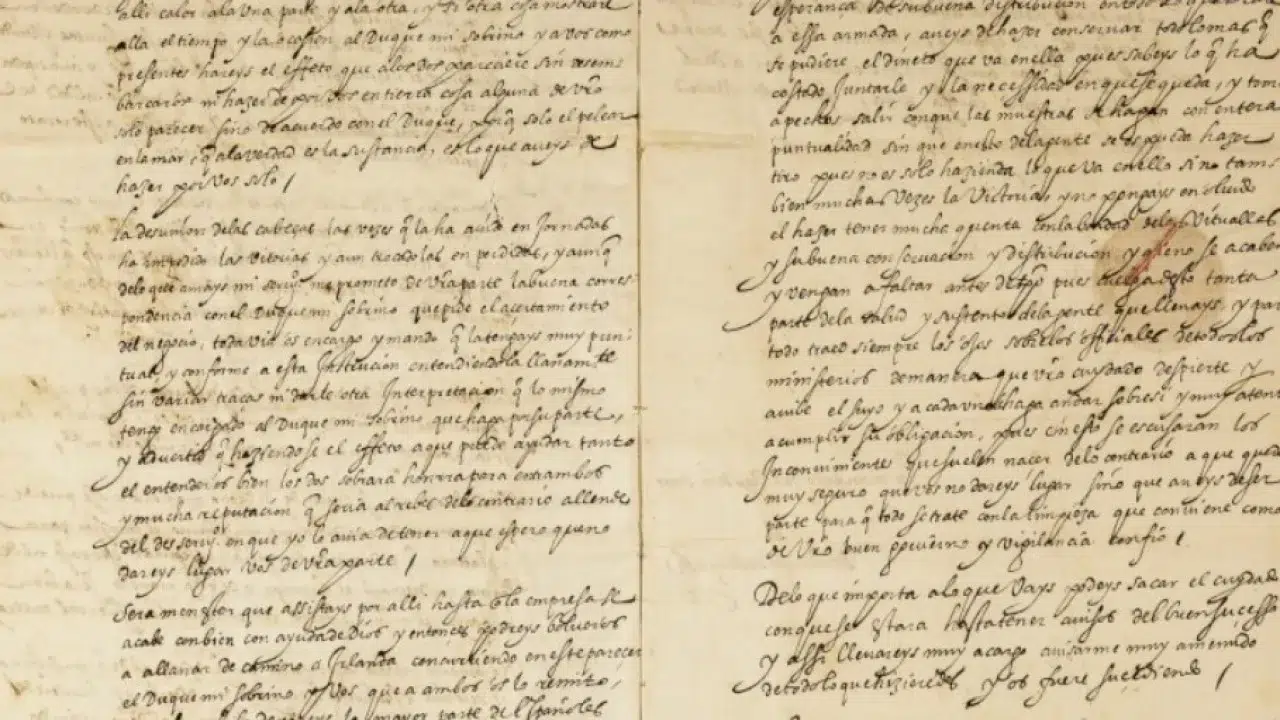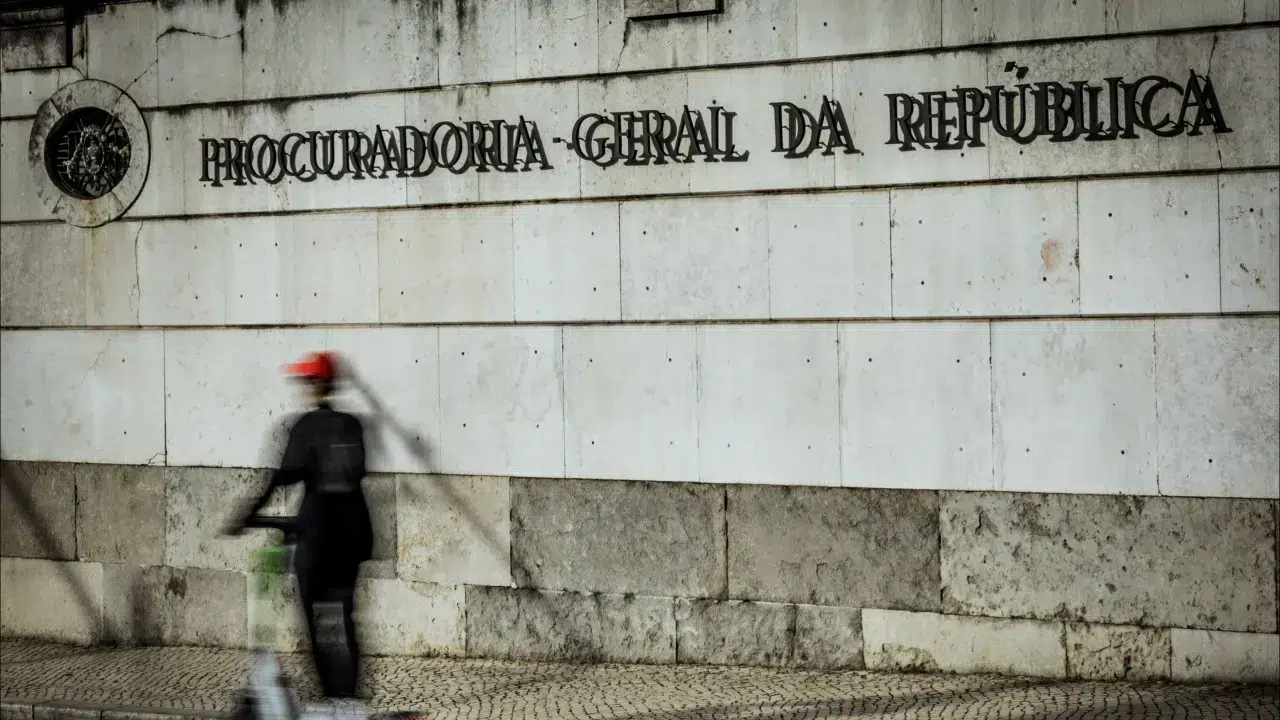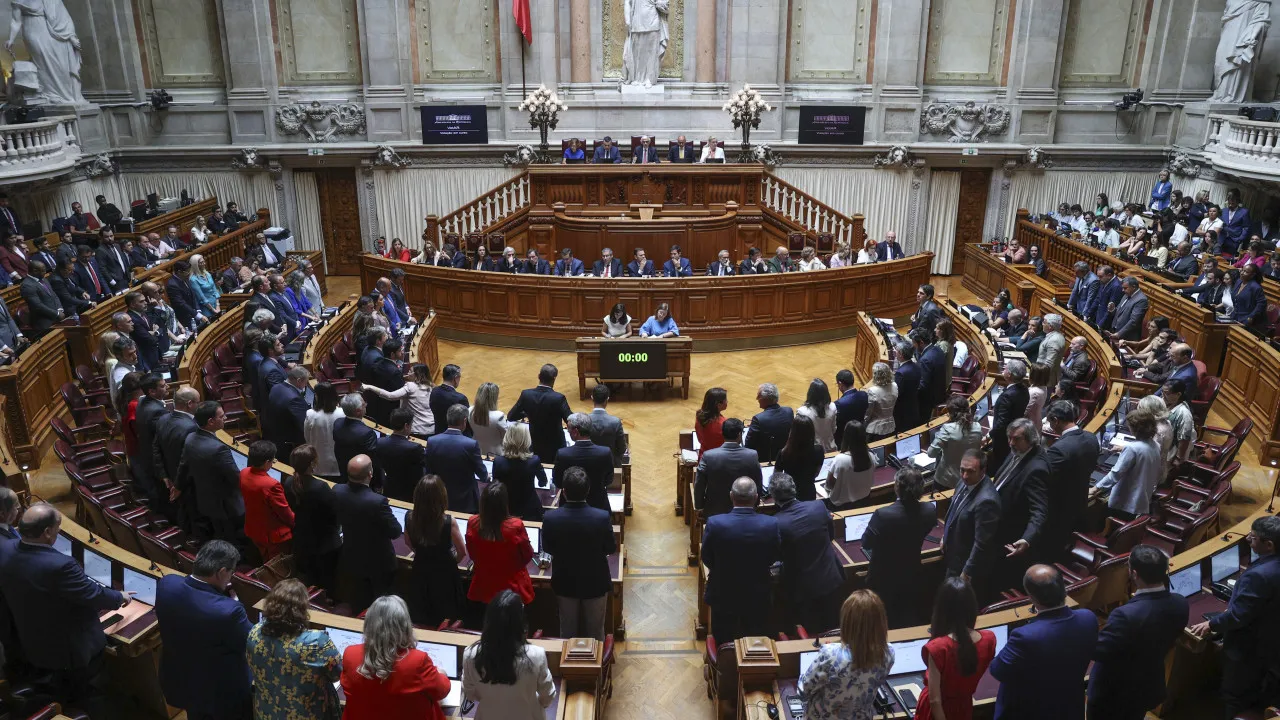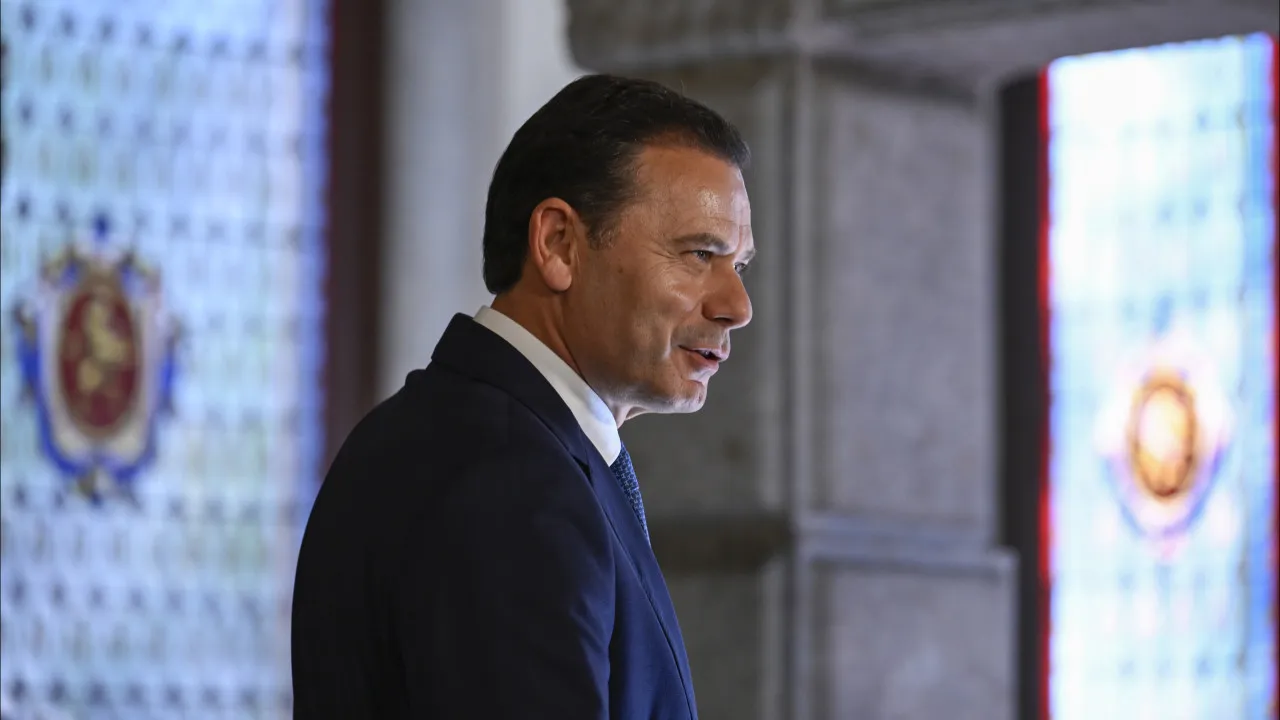
In an interview recorded in Brussels on the eve of a European Council meeting, Luís Montenegro emphasized his refusal to form a “permanent parliamentary agreement” with either the second-largest party, Chega, or the third, stating he has always rejected a central bloc with the PS.
“The Portuguese people want our program to be the main direction of governmental policy. However, the people also want us to reach agreements with opposition parties, particularly the ones with major representation, the PS and Chega, on terms where policies can be aligned. Ideally with both,” he remarked.
If such alignment is not feasible, Montenegro expressed his intention to seek agreements “with the party more willing to support the commitments made with the voters.”
“There are several commitments common to the three parties, some shared between the AD and PS, and others between the AD and Chega,” he noted.
In areas related to sovereignty, such as Defense, Montenegro stated the government will seek “the widest possible consensus,” similar to issues of security or immigration, where he perceived “a relative consensus in Portuguese society.”
The Prime Minister highlighted that “there was a shift within the PS regarding immigration” in the previous legislature and expressed hope that the party “does not exclude itself” from a closer alignment that appears to be forming with the PSD/CDS-PP government.
“It’s true that Chega has some more extreme positions than ours, and naturally, we won’t go that far, but I readily acknowledge that it is a party presenting viewpoints generally aligned with more regulation and greater integration capacity,” he stated.
Montenegro supported the idea that if “greater parliamentary breadth” is possible, it would reflect “the political will of the Portuguese people” and provide “stability in fundamental policies for the coming years.”
“The greater the support, the greater the guarantee that the policy can continue,” he said.
When confronted with incidents of violence linked to far-right groups, the Prime Minister firmly condemned “any extremist act and any culture of hate in our society.”
“This does not align with the values of our democracy or the respect for fundamental rights of people, whether born in Portugal or those who come to Portugal to work,” he asserted.
However, the Prime Minister also cautioned against “confusing the issues.”
“We cannot assume that just because these phenomena exist, government measures endorse such discourse. Not at all. I absolutely cannot accept that,” he declared.
In the interview, the Prime Minister reiterated his commitment to what he calls a “war on bureaucracy.”
“We will be relentless in this war, as fighting bureaucracy and excessive regulation, which hinders economic dynamism, also means fighting corruption,” he asserted.
Montenegro acknowledged past successive promises for state reform that have not always succeeded, but he expressed willingness to take that risk.
“I am leading this government with a risk-taking philosophy. I don’t mind setting a highly ambitious goal because it is essential for our future,” he stated.

